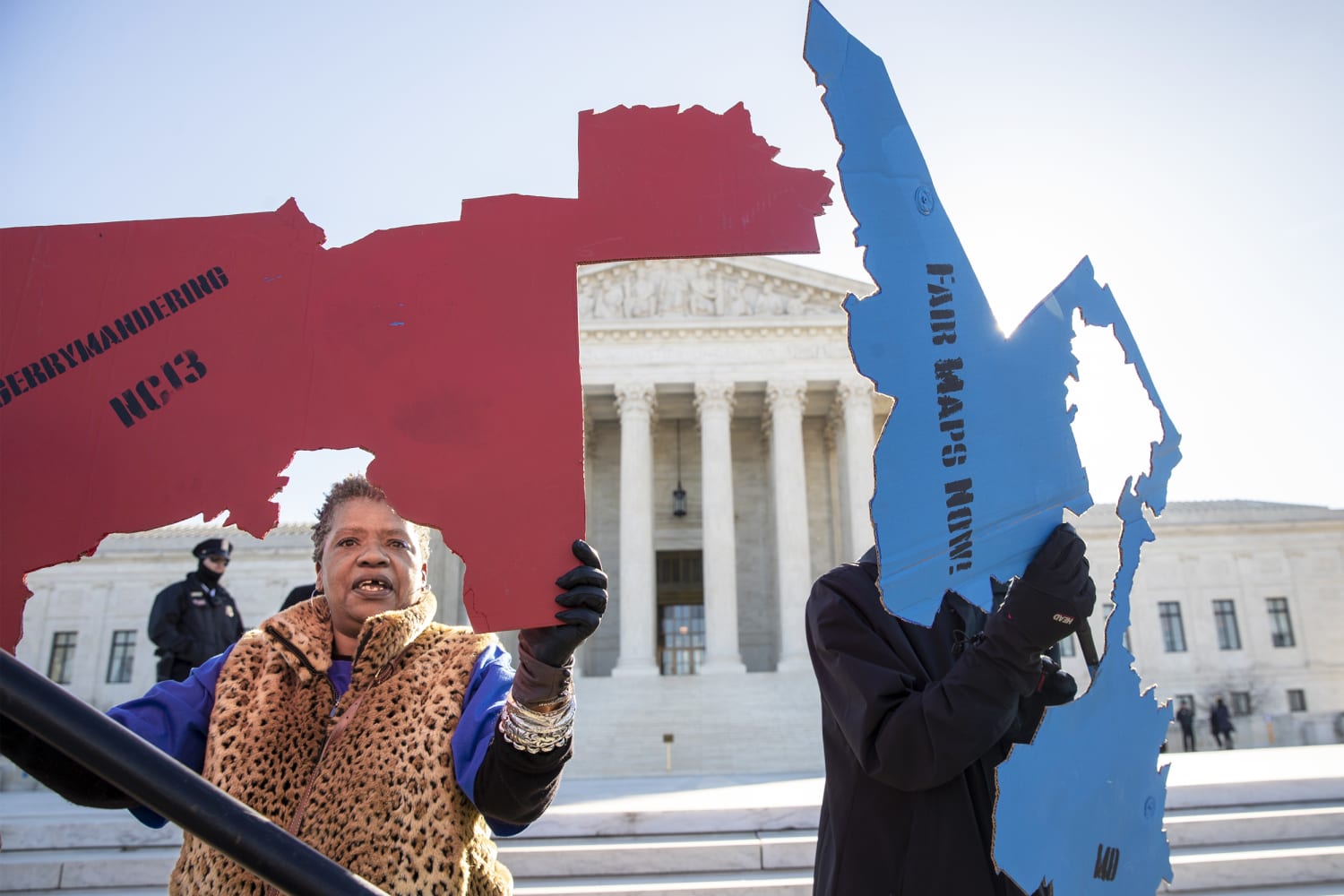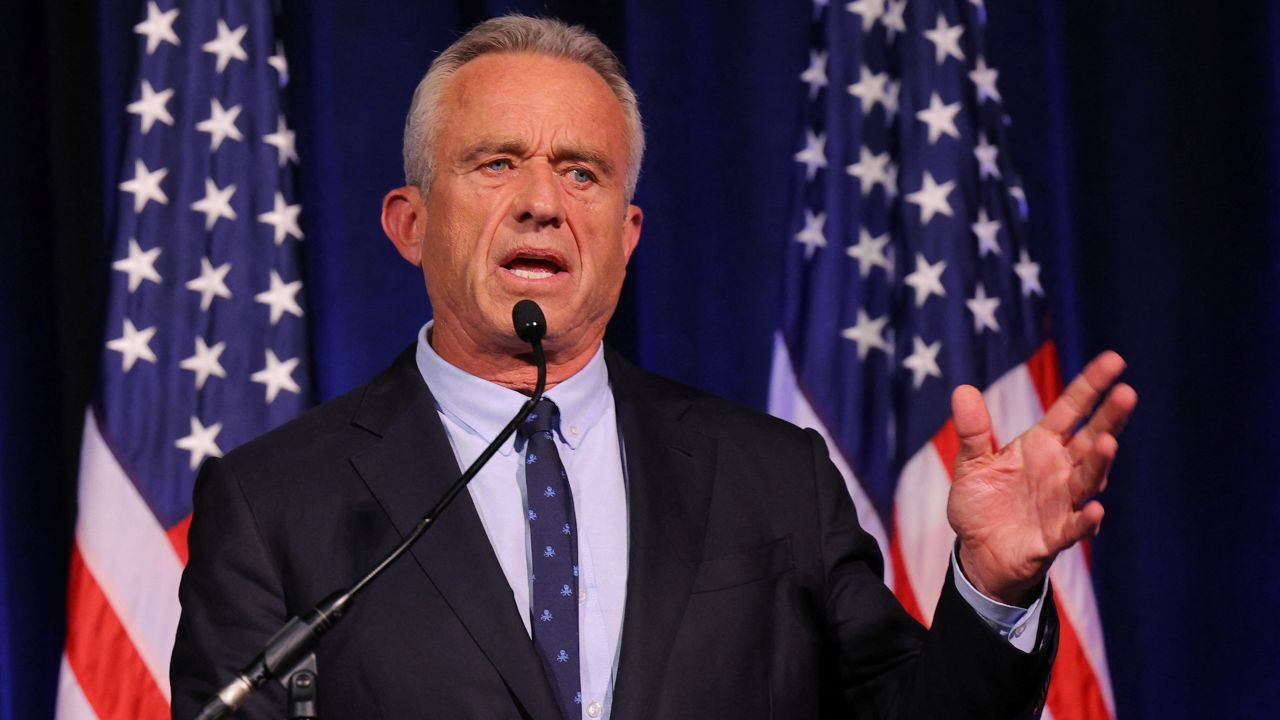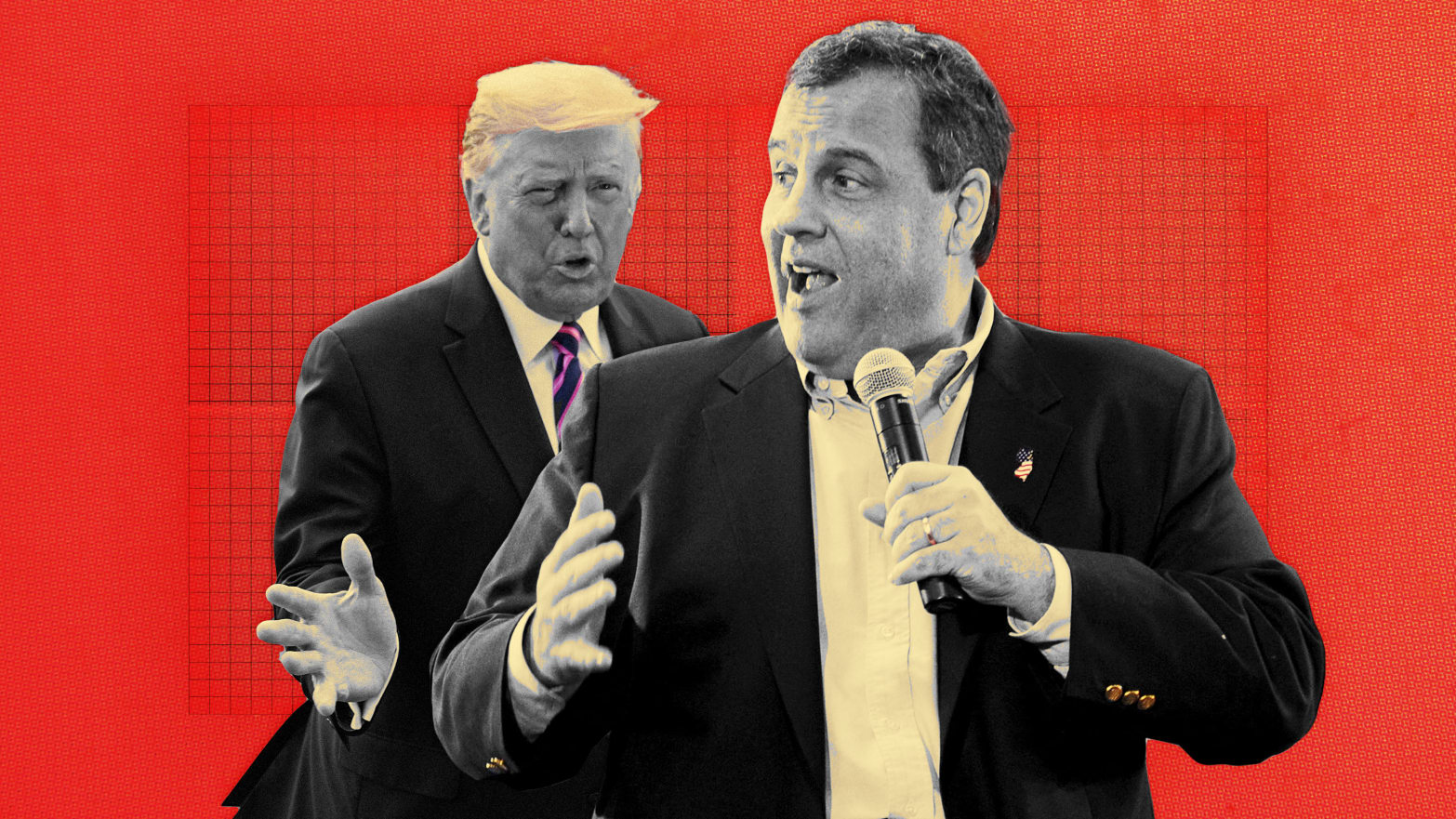
Dear Commons Community,
The U.S. Supreme Court yesterday declined to impose new limits on state courts reviewing certain election-related issues by ruling against Republicans in North Carolina fighting for a congressional district map that would heavily favor their candidates.
The justices ruled in a 6-3 vote that the North Carolina Supreme Court was acting within its authority in concluding that the map constituted a partisan gerrymander under the state Constitution.
In doing so, the court declined to embrace a broad version of a hitherto obscure legal argument called the “independent state legislature” theory, which Republicans say limits the authority of state courts to strike down certain election laws enacted by state legislatures. Supporters of former President Donald Trump cited the theory in various cases during the 2020 presidential election and its aftermath.
The ruling was widely welcomed by voting rights groups and Democrats who had been worried about the implications of a ruling that would curb state court power in 2024 and beyond. As reported by NBC News.
“Today the Supreme Court rejected the fringe independent state legislature theory that threatened to upend our democracy and dismantle our system of checks and balances,” former President Barack Obama tweeted.
The independent state legislature argument hinges on language in the Elections Clause of the Constitution that says election rules “shall be prescribed in each state by the legislature thereof.”
Supporters of the theory, which has never been endorsed by the Supreme Court, say the language supports the notion that, when it comes to federal election rules, legislatures have ultimate power under state law, potentially irrespective of potential constraints imposed by state constitutions.
Majority Dissenting
Roberts Sotomayor Kagan Kavanaugh Barrett Jackson Thomas Gorsuch Alito
“State courts retain the authority to apply state constitutional restraints when legislatures act on the power conferred on them by the Elections Clause,” Chief Justice John Roberts wrote in the majority opinion.
He added, though, that state courts do not have “free rein” when there are conflicts with federal law. In those situations, federal courts can intervene, the court concluded.
“In interpreting state law in this area, state courts may not so exceed the bounds of ordinary judicial review as to unconstitutionally intrude upon the role specifically reserved to state legislatures,” Roberts said.
After the then-Democratic-controlled state Supreme Court in North Carolina issued the ruling last year, the court flipped to Republican control following November’s midterm elections and recently overturned the decision, a move that prompted questions about whether the justices even needed to decide the case.
In dissent, Justice Clarence Thomas, joined by fellow conservatives Justice Samuel Alito and Justice Neil Gorsuch, said the case was moot as a result.
Thomas complained that the decision will lead to further confusion in lower courts that could give rise to more cases like the Supreme Court’s own Bush v. Gore ruling issued in 2000, which ultimately led to Republican George W. Bush taking office as president.
The court, Thomas said, “opens a new field for Bush-style controversies over state election law — and a far more uncertain one.”
Conservative Justice Brett Kavanaugh made it clear in a separate opinion that the court is likely to visit the scope of state court authority in a later case.
In Tuesday’s ruling, the court “recognized and articulated a general principle for federal court review of state court decisions in federal election cases,” he said.
“In the future, the court should and presumably will distill that general principle into a more specific standard,” he added.
The congressional map in North Carolina will be re-drawn ahead of the 2024 election anyway because of a state law provision that says interim maps can be used for only one election cycle. As a result of the North Carolina Supreme Court’s most recent ruling, that map is likely to tilt heavily toward Republicans.
A Supreme Court ruling that embraced the theory would have affected not only redistricting disputes, but also other election-related rules about issues like mail-in voting and voter access to the polls that legislatures might seek to enact even when state courts have held that those rules violate state constitutions. The theory could also bring into question the power of governors to veto legislation.
Then-Chief Justice William Rehnquist embraced a version of the theory in 2000 in Bush v. Gore. During December’s oral argument, several justices cited Rehnquist’s opinion, which did not secure a majority at the time, in support of the notion that there should be some constraints on the scope of state officials, including judges, to make changes to election laws enacted by legislatures that are not anchored in law.
The North Carolina case was being closely watched for its potential impact on next year’s presidential election.
“The Supreme Court took an important and crucial step today in protecting our system of checks and balances,” said Hilary Harris Klein, a lawyer at the Southern Coalition for Social Justice, which challenged the Republican-drawn maps in North Carolina.
“Today’s decision will ensure that voters will continue to have the full protection of state constitutions against harmful and anti-democratic voter suppression and election manipulation,” she added.
Eric Holder, who served as attorney general in the Obama administration and now backs Democratic redistricting efforts, said the ruling “preserved the vital role state courts play in protecting free elections and fair maps for the American people.”
But Jason Torchinsky, a Republican lawyer who works on elections litigation, said the court “made clear that state Supreme Courts cannot become supreme legislatures,” and predicted more cases on the issue.
Republicans led by Tim Moore, the speaker of the North Carolina House of Representatives, invoked the theory after the state Supreme Court struck down the congressional district map in February of last year.
The state court ruled then that the 14 congressional districts — which Republicans drew to maximize the influence of GOP voters in a state strongly contested by both main parties — were “unlawful partisan gerrymanders.” The court’s then-liberal majority said the maps violated various state constitutional provisions, one of which requires that “all elections be free.”
Voting rights advocates and Democratic voters had turned to the state court after the U.S. Supreme Court ruled in 2019 that partisan gerrymandering claims could not be heard in federal court, but left open the possibility that state courts could address the issue.
Moore and other Republicans immediately asked the Supreme Court to reinstate the maps, saying the state court had overstepped its authority. The high court agreed to take up the case, but it left in place a replacement map used for last year’s midterm elections. Democrats and Republicans each won seven seats.
The Supreme Court in 2020 refused to intervene in the various election-related cases that raised the theory, but during the litigation four conservative justices indicated some support for it, giving its supporters hope that they might be a majority willing to embrace it.
There are several versions of the argument, some of which would merely limit the authority of state courts in certain circumstances and others that would go further in giving state legislatures virtually unchecked authority.
Those backing the theory in briefs filed at the court included John Eastman, the lawyer involved in Trump’s efforts to overturn the 2020 election who argued that then-Vice President Mike Pence could block the certification of President Joe Biden’s victory on Jan. 6, 2021.
Various conservative groups that push for greater restrictions on voting and claim that voter fraud is a major issue have also backed the theory.
Democrats and voting rights activists issued stark warnings about the potential impact of the case in light of the attempts to overturn the results of the 2020 presidential election, although many high-profile GOP candidates who denied or questioned Biden’s victory lost in last year’s midterm elections.
This decision is a win for democracy!
Tony








 Dear Commons Community,
Dear Commons Community,



